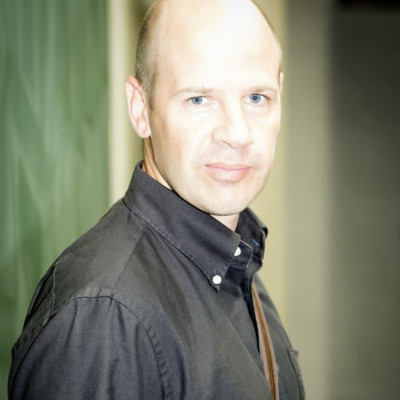Andrew Reimann
Aoyama Gakuin University
I am from Vancouver, Canada and currently teach Communication at Aoyama Gakuin University. My background and research interests are in social linguistics, with emphasis on intercultural communication. Although English is a universal language, in order to communicate effectively with people from diverse backgrounds, we need to understand their culture, values and perspectives. A great way to do this effectively and meaningfully is by sharing our stories.

Sessions
Redefining accessibility in language learning
Teachers are having to consider an increasing range of learner needs as learning environments become more diverse. Learners with special needs are one example. According to JASSO (2019), the percentage of students with disabilities in post-secondary education has increased from 0.44% to 1.05% since 2014. However, only 28% of university language classes offer support for students with disabilities (Tonooka, 2015). The Act for Eliminating Discrimination against Persons with Disabilities requires teachers to provide reasonable accommodation for learners with special needs. This change reflects shifting of the notion of disability from impairment to inaccessibility to learning resources. It is essential that language teachers consider how they can redefine the notion of accessibility in language learning in order to improve overall learning experiences. This poster session highlights various learner needs that are prevalent in language classes. These include communicative, physiological, psychological, social, and cognitive differences. Presenters will share their insights into developing accessible learning. There is no “one-size-fits-all” pedagogy for language learning. The goal of this session is to facilitate discussions on raising awareness, improving accessibility, and considering how teachers can best support learners with special needs. Participants are welcome to share their classroom stories concerning accessibility in language learning.
Stories that Motivate and Inspire
The ability to create compelling narratives that inspire and promote cooperation is one of the most powerful tools humans possess. It is what makes us unique, allowing us to innovate, learn, survive and flourish. (Noah Yuval Harari, 2015). Storytelling is one of the fundamental elements of communication and learning. We are naturally able to process and apply stories to every aspect of our lives. Storytelling is an effective way to connect many people, allowing us to learn from things we have never experienced. Apart from knowledge and training, teachers possess their own personal and professional experiences or stories, applying these to language learning is of tremendous value to students. Everyone has a story to tell. Presenters will demonstrate how simple, concrete, and comprehensible narratives, critical incidents or experiences can be constructed and shared to help learners develop a deeper understanding of abstract and ambiguous aspects of language and culture. In conclusion, presenters will also discuss how a simple narrative framework can be applied to creating, teaching, or learning from stories. Examples, ranging from children’s books and popular films to keynote presentations and influential speeches, will show how good stories connect, motivate and inspire.